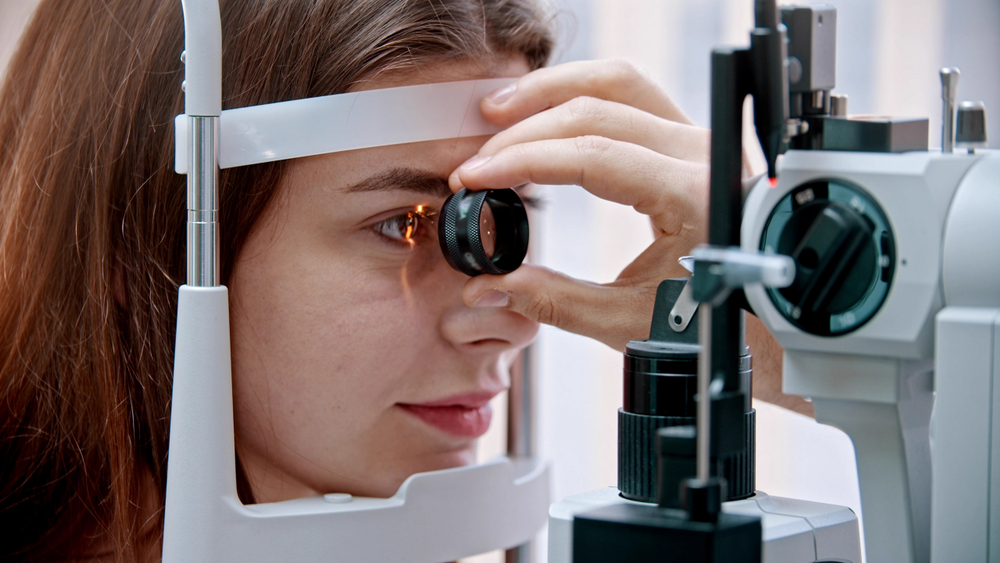
How Often Do Adults Need a Comprehensive Eye Exam?
As an adult, maintaining good vision is crucial for your overall health and well-being. Regular comprehensive eye exams play a vital role in ensuring that your eyes are functioning at their best. These examinations not only assess your visual acuity but also provide a comprehensive evaluation of your eye health, allowing for the early detection and management of any potential issues.
The Importance of Regular Comprehensive Eye Exams for Adults
Regular comprehensive eye exams are essential for adults for several reasons. As you age, your vision can undergo subtle changes that may not be immediately noticeable. These changes can include a decrease in visual acuity, difficulty with night vision, or changes in color perception. A comprehensive eye exam can identify these changes and help you address them before they become more significant problems.
Many eye diseases, such as glaucoma, macular degeneration, and diabetic retinopathy, can develop gradually without obvious symptoms in the early stages. Regular comprehensive eye exams can detect these conditions early, allowing for timely treatment and prevention of vision loss.
Your eyes can provide valuable insights into your overall health. During a comprehensive eye exam, your eye doctor can detect signs of underlying health conditions, such as high blood pressure, diabetes, or neurological disorders, which may be reflected in the appearance of your eyes or changes in your vision.
Common Changes in Vision that May Require an Eye Exam
As you age, you may experience various changes in your vision that may indicate the need for a comprehensive eye exam. These changes can include:
· Difficulty with Near Vision: As you get older, you may experience a condition called presbyopia, which makes it harder to focus on close-up tasks like reading or using a computer.
· Decreased Night Vision: Your eyes may have trouble adjusting to changes in light, making it more difficult to see clearly in low-light conditions.
· Increased Sensitivity to Glare: Bright lights or sunlight may cause more discomfort or difficulty seeing.
· Changes in Color Perception: You may notice that colors appear less vibrant or that you have difficulty distinguishing between certain colors.
If you experience any of these changes, it's important to schedule a comprehensive eye exam to determine the cause and receive appropriate treatment or management strategies.
Early Detection of Eye Diseases through Comprehensive Eye Exams
Comprehensive eye exams play a crucial role in the early detection of various eye diseases, including:
• Glaucoma: This condition, characterized by increased pressure within the eye, can lead to optic nerve damage and vision loss if left untreated. Regular eye exams can help detect glaucoma in its early stages, allowing for timely intervention.
• Macular Degeneration: This age-related condition can cause central vision loss, making it difficult to perform everyday tasks. Comprehensive eye exams can identify the early signs of macular degeneration, enabling prompt treatment and management.
• Diabetic Retinopathy: Individuals with diabetes are at a higher risk of developing this condition, which can damage the blood vessels in the retina. Regular eye exams are essential for monitoring and managing diabetic retinopathy.
• Cataracts: As you age, the lenses in your eyes can become cloudy, leading to vision impairment. Comprehensive eye exams can detect the development of cataracts, allowing for timely treatment and management.
By undergoing regular comprehensive eye exams, you can take proactive steps to maintain your vision and overall eye health, ensuring that any potential issues are identified and addressed in a timely manner.
How Often Should Adults Get a Comprehensive Eye Exam?
Adults should have a comprehensive eye exam annually to maintain optimal eye health and ensure early detection of potential issues. For adults with underlying health conditions like diabetes or a family history of eye disease, more frequent check-ups may be recommended to prevent complications. Your optometrist can give recommendations based on your individual needs to ensure your vision and eye health are well cared for throughout the year.
Book Your Comprehensive Eye Exam with Primary Vision Care Today
Maintaining good vision is a crucial aspect of your overall health and well-being. By prioritizing these exams, you can take proactive steps to monitor changes in your vision, detect eye diseases in their early stages, and maintain your overall eye health.
To schedule your comprehensive eye exam and take the first step towards maintaining your visual health, contact Primary Vision Care. We are dedicated to providing personalized, high-quality care to ensure your optimal vision and eye health. Visit our office in Newark, Waynesville, Lancaster, Mount Vernon, or Wilmington, Ohio. Call (740) 299-1155, (513) 897-2211, (740) 654-9909, (740) 393-6010, or (937) 382-4933 to book an appointment today.







